Exploring the Diverse World of Specialty Bolts: A Comprehensive Guide to Fasteners for Every Application
Created at : Feb 9, 2024
Specialty bolts are fasteners designed for specific applications or environments where standard bolts may not suffice. They come in various shapes, sizes, and materials to meet specialized requirements. Some examples of specialty bolts include:
- Hex Head Bolts: These are the most common type of bolts with a hexagonal head designed to be tightened with a wrench or socket.
- Socket Head Cap Screws: These bolts have a cylindrical head with a hexagonal recess, often used when a low-profile head is necessary or when there's limited clearance.
- Carriage Bolts: These have a smooth, dome-shaped head and a square section underneath. They are often used in wood applications because the square section prevents the bolt from turning as the nut is tightened.
- Eye Bolts: Eye bolts have a looped head, allowing objects to be attached or hung from them.
- U-Bolts: These bolts have a U-shaped cross-section and are threaded at both ends. They are often used for attaching pipes or other round objects to surfaces.
- Anchor Bolts: Anchor bolts are used to attach objects or structures to concrete. They are often embedded in concrete and have a threaded end to receive nuts and washers.
- Toggle Bolts: Toggle bolts are used for anchoring heavy items to walls or ceilings where there is no stud or beam to attach to. They consist of a bolt and a spring-loaded wing-like mechanism that expands behind the wall for secure attachment.
- Flange Bolts: Flange bolts have a flange under the head that acts as a built-in washer, distributing the load and providing a larger bearing surface.
- Shoulder Bolts: Also known as stripper bolts, these bolts have a cylindrical shoulder between the head and the thread. They are often used in precision machinery to provide a precise alignment or spacing.
- Tension Control Bolts: These bolts are designed to achieve a specified tension when tightened. They are often used in structural applications where precise tension is critical.
Specialty bolts can also be made from various materials such as stainless steel, brass, or titanium to suit different environments or to meet specific strength requirements. They are essential in various industries including construction, automotive, aerospace, and manufacturing.
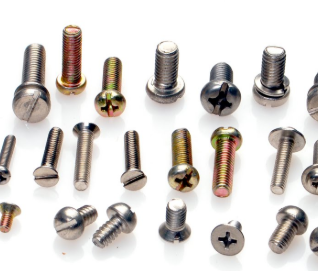 SCREWS
SCREWS
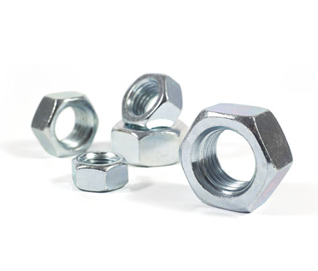 NUTS
NUTS
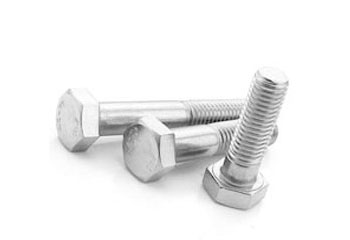 BOLTS
BOLTS
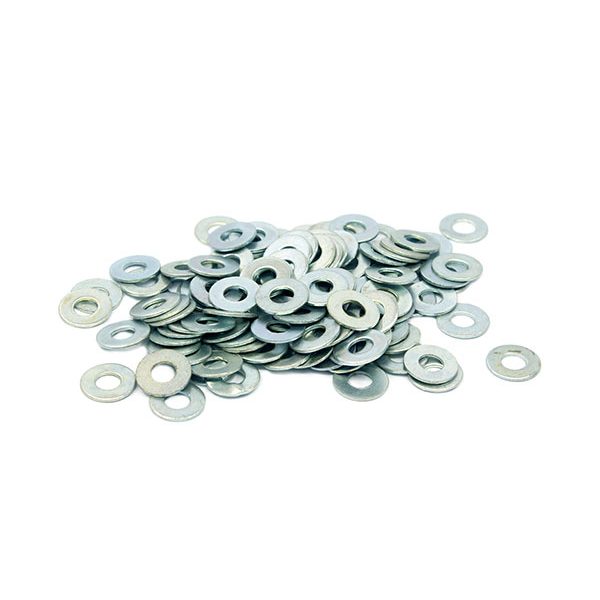 WASHERS
WASHERS
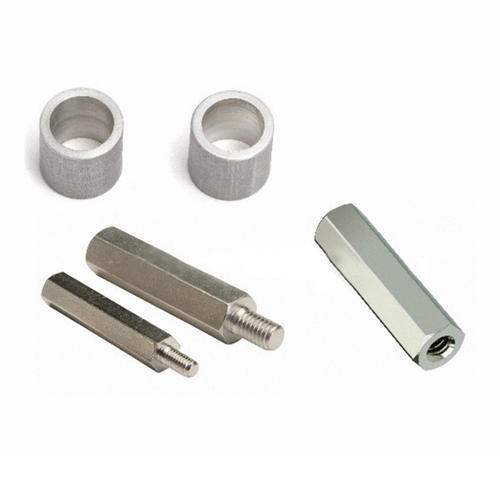 SPACERS & STANDOFFS
SPACERS & STANDOFFS
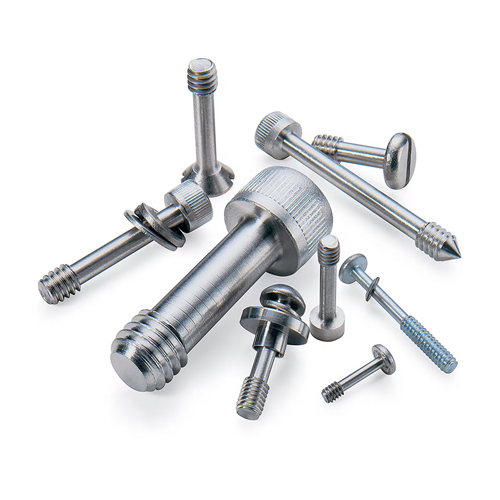 PRECISION/CUSTOM PARTS
PRECISION/CUSTOM PARTS
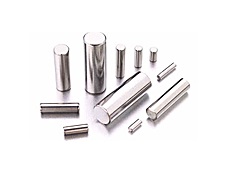 PINS
PINS
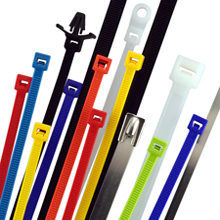 WIRE HANDLING
WIRE HANDLING
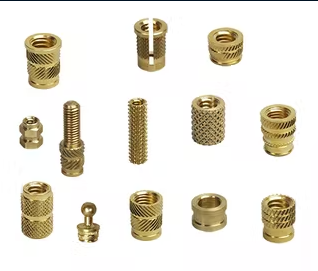 INSERTS
INSERTS
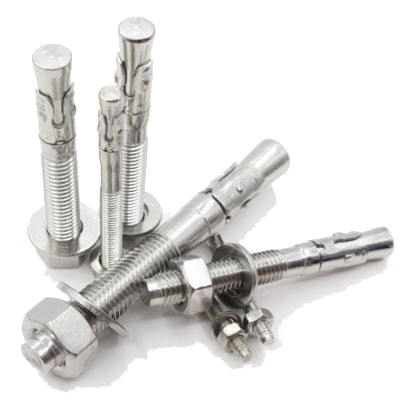 ANCHORS
ANCHORS
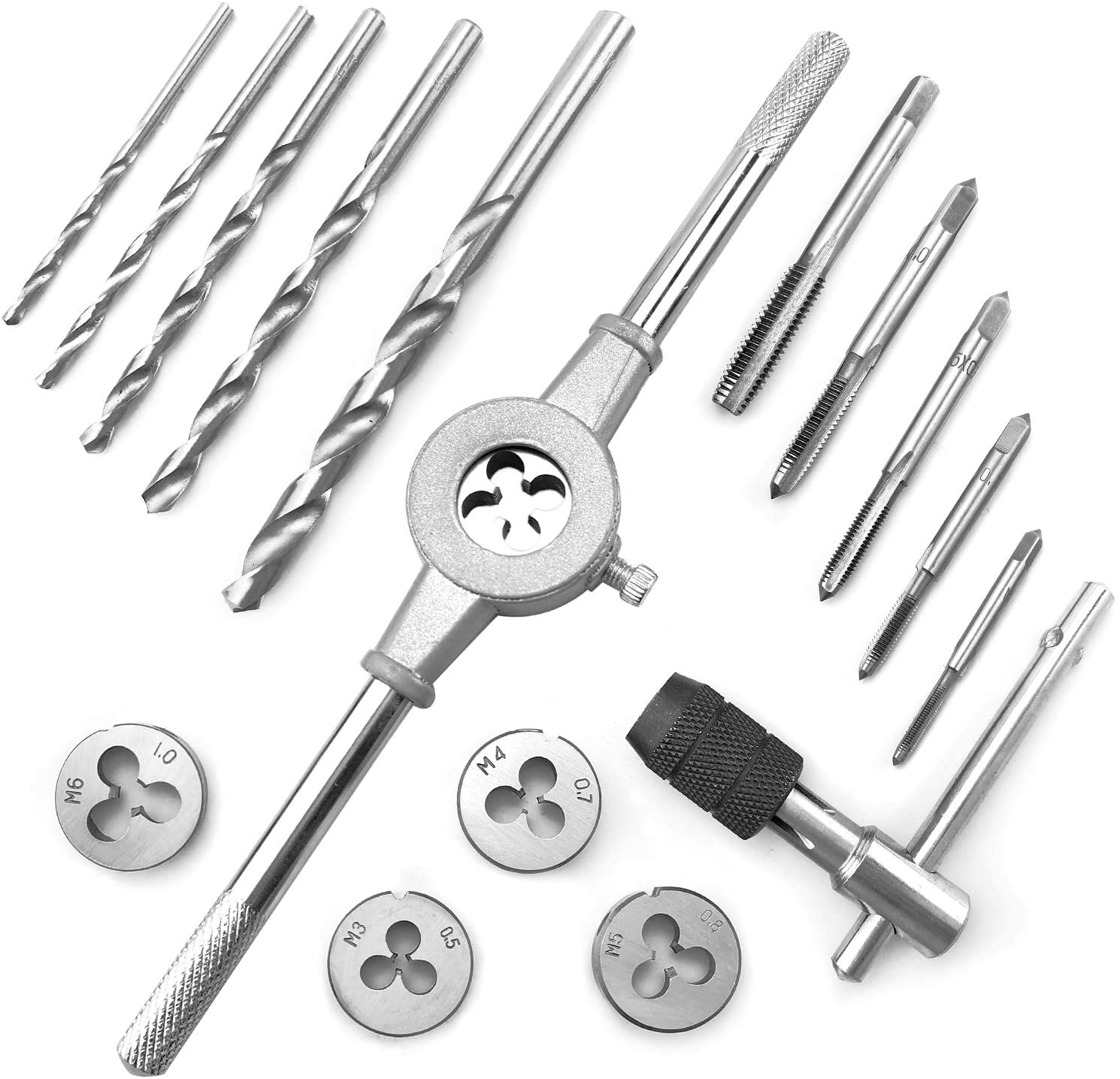 DRILL BITS, TAPS, & DIES
DRILL BITS, TAPS, & DIES
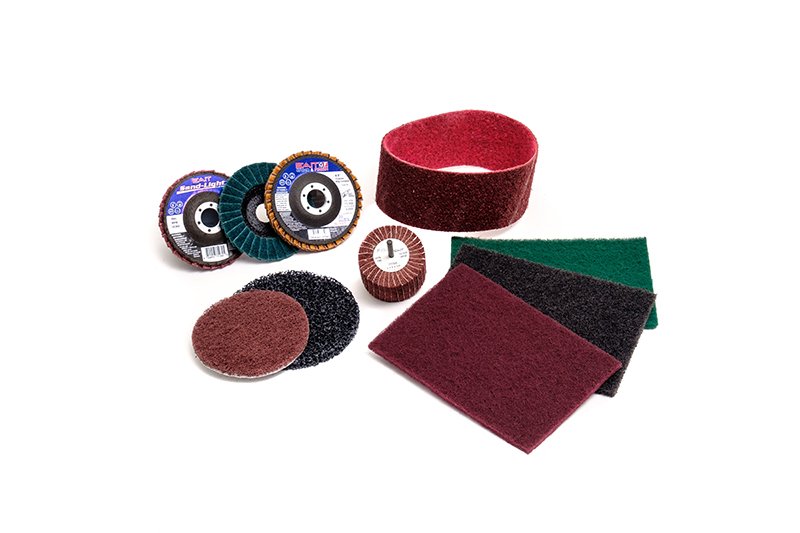 ABRASIVES & SAWBLADES
ABRASIVES & SAWBLADES
 SAFETY EQUIP.
SAFETY EQUIP.
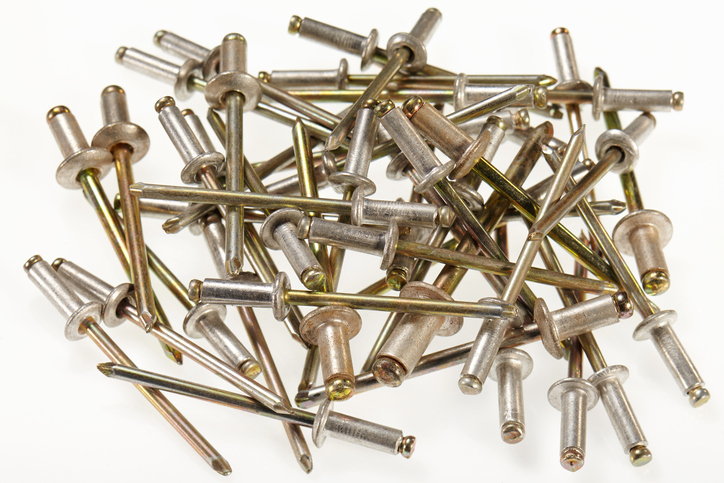 MISC.
MISC.
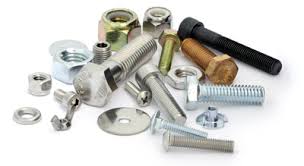 MATERIAL TYPES
MATERIAL TYPES
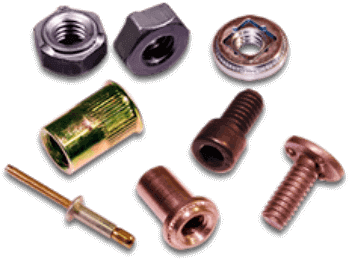 PLATING TYPES
PLATING TYPES